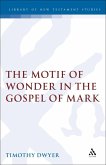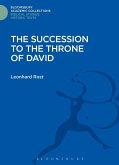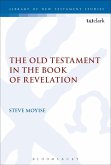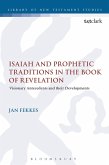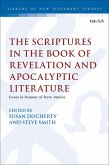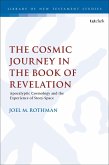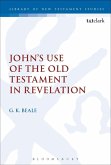This book argues that the throne motif constitutes the major interpretive key to the complex structure and theology of the book of Revelation. In the first part of the book, Gallusz examines the throne motif in the Old Testament, Jewish literature and Graeco-Roman sources. He moves on to devote significant attention to the throne of God texts of Revelation and particularly to the analysis of the throne-room vision (chs. 4&5), which is foundational for the development of the throne motif. Gallusz reveals how Revelation utilizes the throne motif as the central principle for conveying a theological message, since it appears as the focus of the author from the outset to the climax of the drama. The book concludes with an investigation into the rhetorical impact of the motif and its contribution to the theology of Revelation. Gallusz finally shows that the throne, what it actually represents, is of critical significance both to Revelation's theism and to God's dealing with the problem of evil in the course of human history.
Bitte wählen Sie Ihr Anliegen aus.
Rechnungen
Retourenschein anfordern
Bestellstatus
Storno



